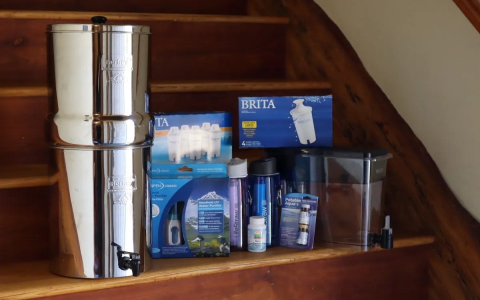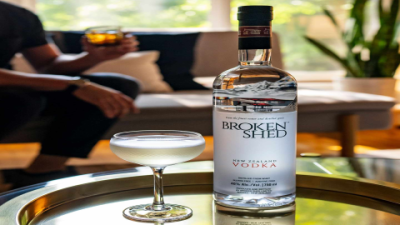Big Berkey Review: Is This Water Filter Worth the Hype?
If the name Big Berkey has been popping up in your search for clean, safe drinking water, you’re not alone. Its reputation among off-grid preppers, urban families, and outdoor enthusiasts is near-legendary. But is the Big Berkey all it’s cracked up to be? Can it really justify its price tag and bulk on your kitchen counter? Today, we’re taking you for a front-row seat into everything—the good, the bad, and the unexpected—about this iconic water purification system.
Why Do People Rave About the Big Berkey?
Let’s start with a story that will sound familiar to many. Five years ago, Olivia, an eco-conscious mom, moved into her first off-grid yurt. Tap water? Not an option. Bottled water? Too wasteful (and who’s going to cart those cases up a muddy path?). The Big Berkey filtered more than just water for Olivia’s family—it gave her peace of mind.
- No electricity needed—just gravity and patience.
- Simple setup—no need to call the plumber.
- Filters out a jaw-dropping 200+ contaminants, including heavy metals and bacteria .
The Berkey has become synonymous with reliability—if you do it right. But there’s more to this tale than first meets the eye.
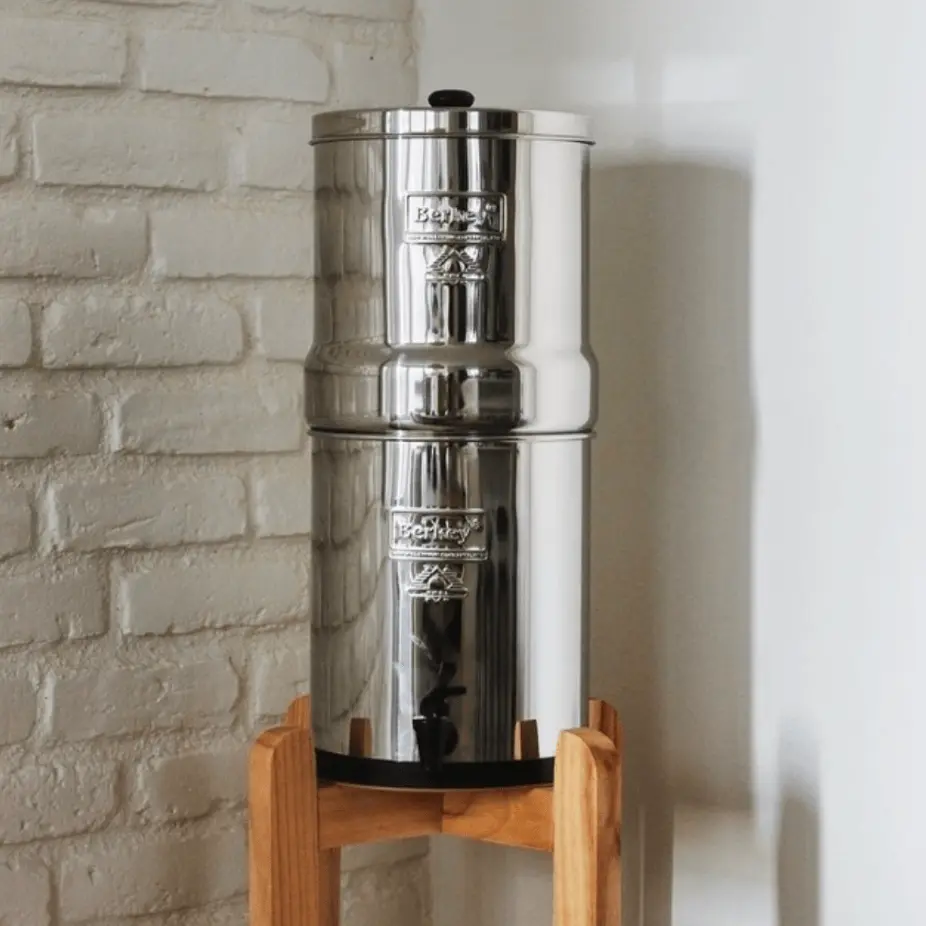
Specs at a Glance: Big Berkey Key Facts
| Specification | Big Berkey Details |
|---|---|
| Capacity | 2. gallons (8. liters) |
| Filters Included | Black Berkey Elements (support up to 4) |
| Contaminants Removed | 200+ (lead, chlorine, bacteria, viruses, more) |
| Filtration Rate | Up to 3. gallons/hour ( filters), 7. gallons/hour ( filters) |
| Filter Lifespan | 3, gallons per cartridge ( filters: 6, gallons) |
| Certifications | Not NSF/ANSI certified |
| Material | stainless steel |
| Price | ≈$447+ (as of 2025) |
How the Big Berkey Works
It’s as simple as childhood science fair gravity experiments—water goes in the top, passes through the Black Berkey filters, and collects in the bottom. The secret is the filter media:
- Microporous elements block bacteria and protozoa
- Granular activated carbon absorbs pesticides, chlorine, VOCs
- Ion exchange traps heavy metals
- Add-on PF filters reduce fluoride and arsenic
"Berkey filters are one of the best water filters for removing lead—independent tests show the Black Berkey filters remove 99.9% of lead, just behind Propur filters."
Who Should Buy a Big Berkey?
If any part of your water experience includes boil advisories, river scooping, or endless bottles, the Big Berkey likely has a place in your home. It’s a top pick for:
- Off-grid living
- Emergency preparedness
- Everyday home use (if city water quality is iffy)
- Road trips, camping, and RVing
Let’s meet Mark, a city dweller who switched after a local water scare. “The taste difference was instant. Our tea and coffee even tasted cleaner. I started sharing water with my neighbors—everyone wanted a sip!” he recalls.
The Real User Experience: Pros and Cons
Pros
- Highly effective: Removes a broad range of contaminants—including bacteria, heavy metals, and microplastics
- No power needed: Gravity does all the work
- Large capacity: Suits families of 2- easily
- Cost-effective long-term: Filters last up to 6, gallons
- Retains essential minerals: Unlike reverse osmosis systems, minerals remain in your water
- Durable build: Stainless steel lasts for decades
Cons
- No official certifications: Not NSF/ANSI certified, which makes some users nervous
- Filtration can be slow: Expect 0.75–3. gallons/hour with two filters; much slower if using fluoride/arsenic add-ons
- Potential overflows: The filtration won’t stop even when the lower tank is full—be careful not to overfill!
- Bulky design: Not easy to fit under cabinets or in tight kitchens
- Plastic spigot: The standard model’s spigot is plastic unless you upgrade
- Expensive upfront
- Sporadic supply and legal issues: There have been recent EPA regulatory actions and stock shortages
Design Flaws You Won’t See in the Brochure
- Overflowing risk: Filtration keeps going even if the bottom chamber is full—if you walk away during a refill, you’ll probably come back to a wet countertop
- Can’t see water level: You need to lift the upper chamber or buy a sight glass spigot to check levels
- Heavy when full: Lifting or moving it with water can be a workout
Real Hands-On: Case Study
Sarah, an urban gardener, used her Berkey system to make everything from soup to iced tea. But she noticed the flow slowed dramatically during the first weeks. After some troubleshooting, she found only one of her two filters was properly primed. “I watched a tutorial, re-primed the filter, and voila—normal speed. But it taught me the importance of the right setup!”
Long-Term Ownership: Maintenance and Cost
- Filter cleaning: To maintain performance, clean the Black Berkey elements every few months with a Scotch-Brite pad
- Change filters after 6, gallons or about every years (with typical use)
- Thorough cleaning of lower chamber recommended monthly, since it doesn’t contain chlorine for protection
- Annual cost of ownership: About $40–$ depending on usage and filter type
Bonus tip: If your water is rich in sediment, using a pre-filter before your Berkey will make your elements last longer.
Is There Anything Better?
Let’s not ignore the competition. Other top countertop or gravity filters can offer:
| Brand | Key Feature | Upfront Price | Certifications | Relative Flow Rate |
|---|---|---|---|---|
| Big Berkey | Best for lead/heavy metals removal | $447+ | None | Moderate |
| Propur | 100% lead removal | ~$400 | Some NSF | Similar |
| ZeroWater | Pitcher style, removes all TDS | $40–$60 | NSF 53/42 | Fast |
If NSF certification is a must, options like ZeroWater or iSpring (for under-sink installations) might better fit your peace of mind. But if capacity, off-grid resilience, and multi-contaminant removal are your priorities, Berkey’s strengths shine.
Frequently Asked Questions (FAQ)
1. Is Big Berkey water safe to drink?
Yes, when set up and maintained correctly, Big Berkey filters remove most bacteria, viruses, pesticides, and heavy metals. However, note it lacks NSF/ANSI certification.
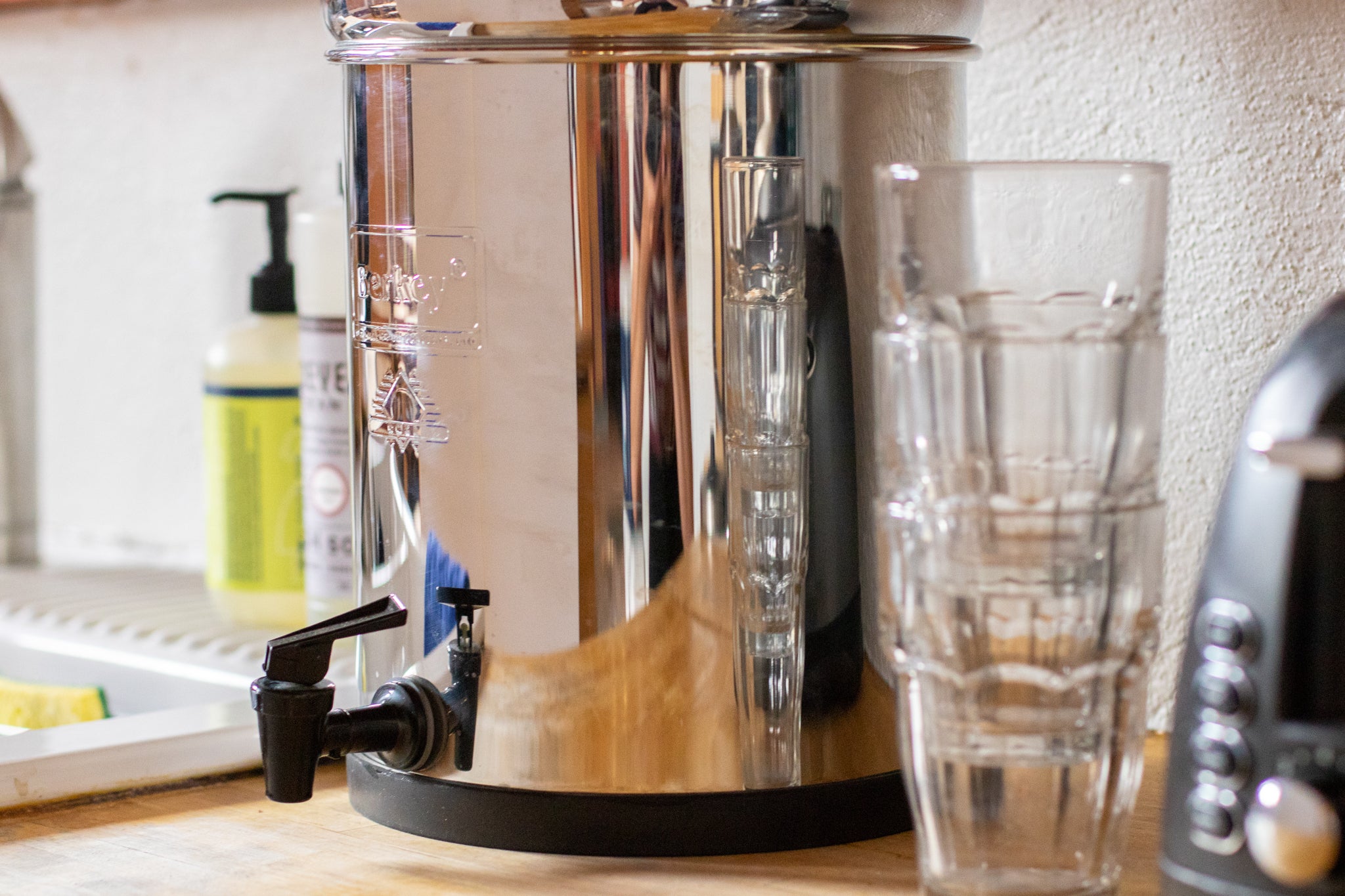
2. How often should I replace the filters?
Black Berkey elements last for 6, gallons (around years for most small families). Fluoride filters should be replaced every 1, gallons or annually, whichever comes first.
3. Can I use Big Berkey water for cooking?
Absolutely. Many owners, like Sarah above, use filtered water for coffee, tea, soup, and even watering plants (especially sensitive houseplants).
4. What can cause the flow rate to slow down?
Most commonly, air bubbles from poor priming or clogged filters due to high sediment or infrequent cleaning. Re-prime and gently brush-clean filters to restore speed.
5. Is the Big Berkey worth the price?
For many, yes, especially over several years versus bottled water costs. The upfront price is high, but filter longevity helps balance that out for families using large volumes.
6. Can it filter salt water?
No—Big Berkey is not designed for desalination. It’s for freshwater sources only.
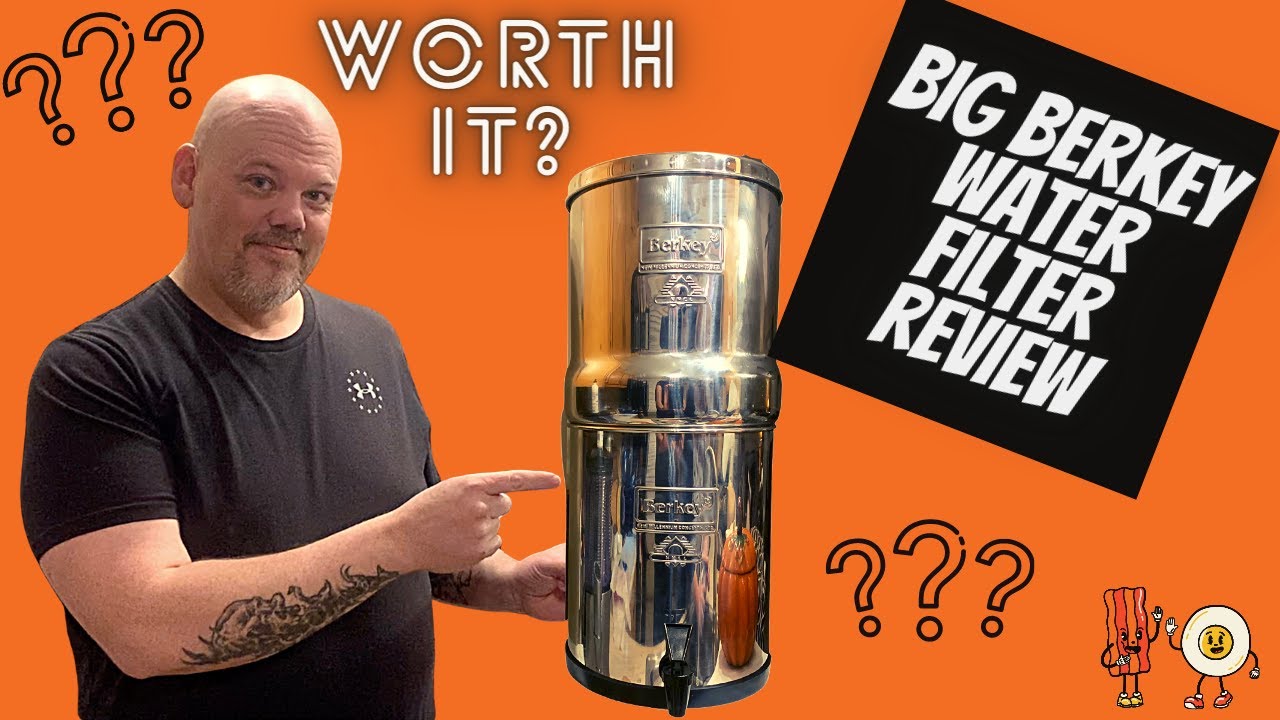
7. What are the legal and supply concerns with Berkey?
As of late 2022, some Berkey distributors faced EPA enforcement related to regulatory classification of their filter components as pesticides. This led to temporary supply shortages in parts of the US and ongoing legal battles.
Final Verdict: Is the Big Berkey Worth the Hype?
If your top needs are versatility, non-electric operation, and extreme contaminant removal without recurring bottle purchases, the Big Berkey is hard to beat—so long as NSF certification is not an absolute requirement for your household. Its legendary status is earned but not unchallenged. While it’s a hero among survivalists and health-conscious urbanites, those wanting fast, fuss-free filtration or absolute regulatory reassurance may need to look elsewhere.
Like Olivia, Mark, and Sarah, many find it changes how they drink, cook, and think about water—for the better.
Now It’s Your Turn
Have you ever questioned what’s really in your tap water? What would give you more confidence in your daily drinking water—a gravity filter, a certified pitcher, or something else? Drop your thoughts and experiences in the comments below!
